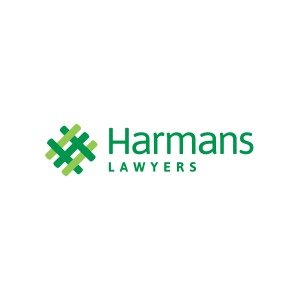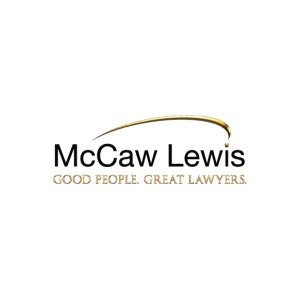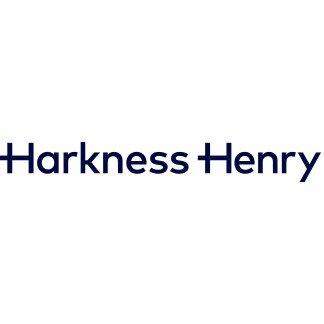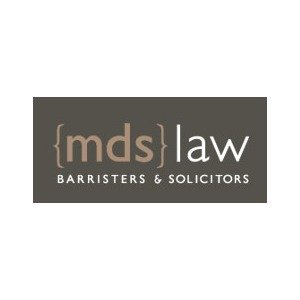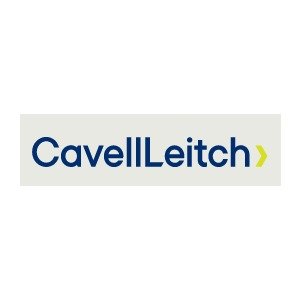Best Mining Law Lawyers in New Zealand
Share your needs with us, get contacted by law firms.
Free. Takes 2 min.
Or refine your search by selecting a city:
List of the best lawyers in New Zealand
About Mining Law in New Zealand
Mining Law in New Zealand governs the exploration, extraction, and management of mineral resources found within the country. It sets out the rights and obligations of both individuals and companies wanting to prospect, explore, or mine for resources such as coal, gold, aggregate, and other minerals. The law balances resource development with environmental protection, ensuring that mining activities take place sustainably and in accordance with national and local interests. The regulatory framework is largely outlined by the Crown Minerals Act 1991, supplemented by rules under the Resource Management Act 1991 (RMA) and the relevant local government bylaws.
Why You May Need a Lawyer
Legal issues in mining can be complex due to the number of statutes, permits, and authorities involved. Common scenarios where you may require a lawyer include:
- Navigating the process of obtaining exploration or mining permits from the New Zealand government - Understanding and negotiating land access agreements with private or Māori landowners - Addressing disputes with landowners, local councils, or other stakeholders - Ensuring compliance with environmental laws and consenting requirements under the RMA - Responding to regulatory enforcement actions or prosecutions for alleged breaches of mining or environmental law - Dealing with mining lease agreements, joint ventures, or commercial transactions involving minerals - Handling intellectual property issues concerning mining technology or data - Guiding foreign investment enquiries and compliance - Resolving resource usage conflicts or consultation requirements with iwi (Māori tribes) - Advising on rehabilitation, site closure, and long-term liability issues
Local Laws Overview
Mining activities in New Zealand are primarily governed by a set of interrelated laws and regulatory bodies:
- The Crown Minerals Act 1991 sets the framework for acquiring mineral permits, including requirements for exploration, prospecting, and mining. Most minerals are owned by the Crown, so permission is required before any extraction. - The Resource Management Act 1991 regulates environmental impacts. Almost all mining projects require resource consents from local councils, who ensure the project considers local environmental, cultural, and community factors. - Health and Safety at Work Act 2015 and related mining regulations stipulate rigorous standards for workplace safety. - Māori interests are protected through the Treaty of Waitangi and various consultation duties, particularly where mining may impact iwi land or taonga. - Additional local bylaws and regional plans may impose restrictions or specific obligations on mining activity. - Enforcement and oversight come from the New Zealand Petroleum and Minerals (an arm of MBIE), regional councils, and WorkSafe New Zealand for safety matters.
Frequently Asked Questions
What is required to start mining in New Zealand?
You must obtain a permit from New Zealand Petroleum and Minerals under the Crown Minerals Act, and generally secure resource consents from local councils under the Resource Management Act before any ground is disturbed.
Who owns mineral rights in New Zealand?
Most mineral rights belong to the Crown, including petroleum, gold, silver, and uranium. Some privately owned minerals may belong to landowners, so checking the title and status of the minerals is important.
Do I need to consult with Māori or iwi before mining?
Yes, where mining activities might affect Māori land, interests, or taonga, you must consult with relevant iwi. This is a statutory requirement and forms part of obtaining permits or consents.
Are there environmental restrictions on mining?
Yes, mining operations must comply with the Resource Management Act, which governs use of land, air, and water resources to ensure environmental sustainability. You will need to conduct environmental assessments and may be subject to monitoring conditions.
How long does the permit or consent process take?
The timing varies depending on the size and complexity of your project, the sensitivity of the area, and stakeholder engagement. It can take from several months to a few years.
What are the major types of mining permits?
The main categories are prospecting permits, exploration permits, and mining permits. Each has different rights, obligations, and term lengths.
What happens if I breach mining regulations?
Breaches can result in enforcement action from regulators, including fines, orders to cease activity, or even criminal prosecution for serious or repeated violations. Affected parties can also seek civil remedies.
Can overseas companies invest in New Zealand mining?
Yes, however, overseas investment in sensitive land or businesses over certain thresholds will require approval from the Overseas Investment Office under the Overseas Investment Act.
Does mining on conservation land require special approval?
Yes, mining activities on conservation land are tightly regulated, generally requiring permission from the Department of Conservation in addition to other permits and consents.
What obligations do miners have when closing a mine?
Miners are required to rehabilitate the site, manage any residual environmental risks, and may have ongoing monitoring and reporting duties. Closure and abandonment plans must be submitted to regulators for approval.
Additional Resources
If you need further information or wish to seek help, the following organizations and resources are highly useful:
- New Zealand Petroleum and Minerals (NZPAM) - administers permit applications and provides guidance for the mining industry - Ministry for the Environment - information on the environmental aspects of mining projects - WorkSafe New Zealand - responsible for health and safety in mining workplaces - Overseas Investment Office (OIO) - approvals for overseas investment in mining projects - Department of Conservation (DOC) - advice and permissions for projects on conservation land - Te Puni Kōkiri (Ministry of Māori Development) - guides Māori engagement and consultation - New Zealand Law Society - can help connect you with qualified mining and resource management lawyers
Next Steps
If you believe you require legal advice or assistance with mining law in New Zealand, here is how you can proceed:
1. Clearly define your mining interests or issues, gather relevant documents, and understand your goals. 2. Identify whether the matter involves exploration, extraction, land access, environmental, commercial, or safety aspects. 3. Consult with a lawyer who specializes in mining or resource management law for an assessment of your legal position. 4. Engage early with regulators, iwi, and local authorities to address potential requirements or concerns. 5. Consider obtaining professional advice on technical, environmental, or health and safety aspects alongside legal guidance. 6. Keep records of all communications and documents related to your mining activities. 7. Monitor timeframes and compliance obligations to avoid unintentional breaches. Taking these steps can help you navigate the regulatory landscape and achieve your mining objectives while remaining compliant with New Zealand law.
Lawzana helps you find the best lawyers and law firms in New Zealand through a curated and pre-screened list of qualified legal professionals. Our platform offers rankings and detailed profiles of attorneys and law firms, allowing you to compare based on practice areas, including Mining Law, experience, and client feedback.
Each profile includes a description of the firm's areas of practice, client reviews, team members and partners, year of establishment, spoken languages, office locations, contact information, social media presence, and any published articles or resources. Most firms on our platform speak English and are experienced in both local and international legal matters.
Get a quote from top-rated law firms in New Zealand — quickly, securely, and without unnecessary hassle.
Disclaimer:
The information provided on this page is for general informational purposes only and does not constitute legal advice. While we strive to ensure the accuracy and relevance of the content, legal information may change over time, and interpretations of the law can vary. You should always consult with a qualified legal professional for advice specific to your situation.
We disclaim all liability for actions taken or not taken based on the content of this page. If you believe any information is incorrect or outdated, please contact us, and we will review and update it where appropriate.
Browse mining law law firms by city in New Zealand
Refine your search by selecting a city.



